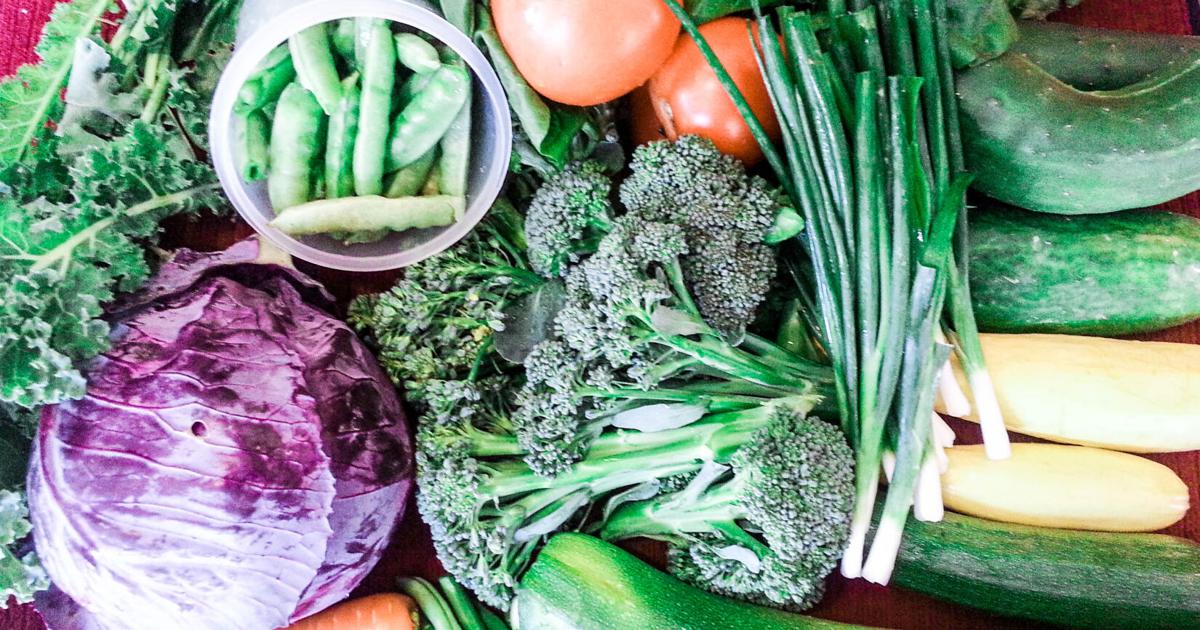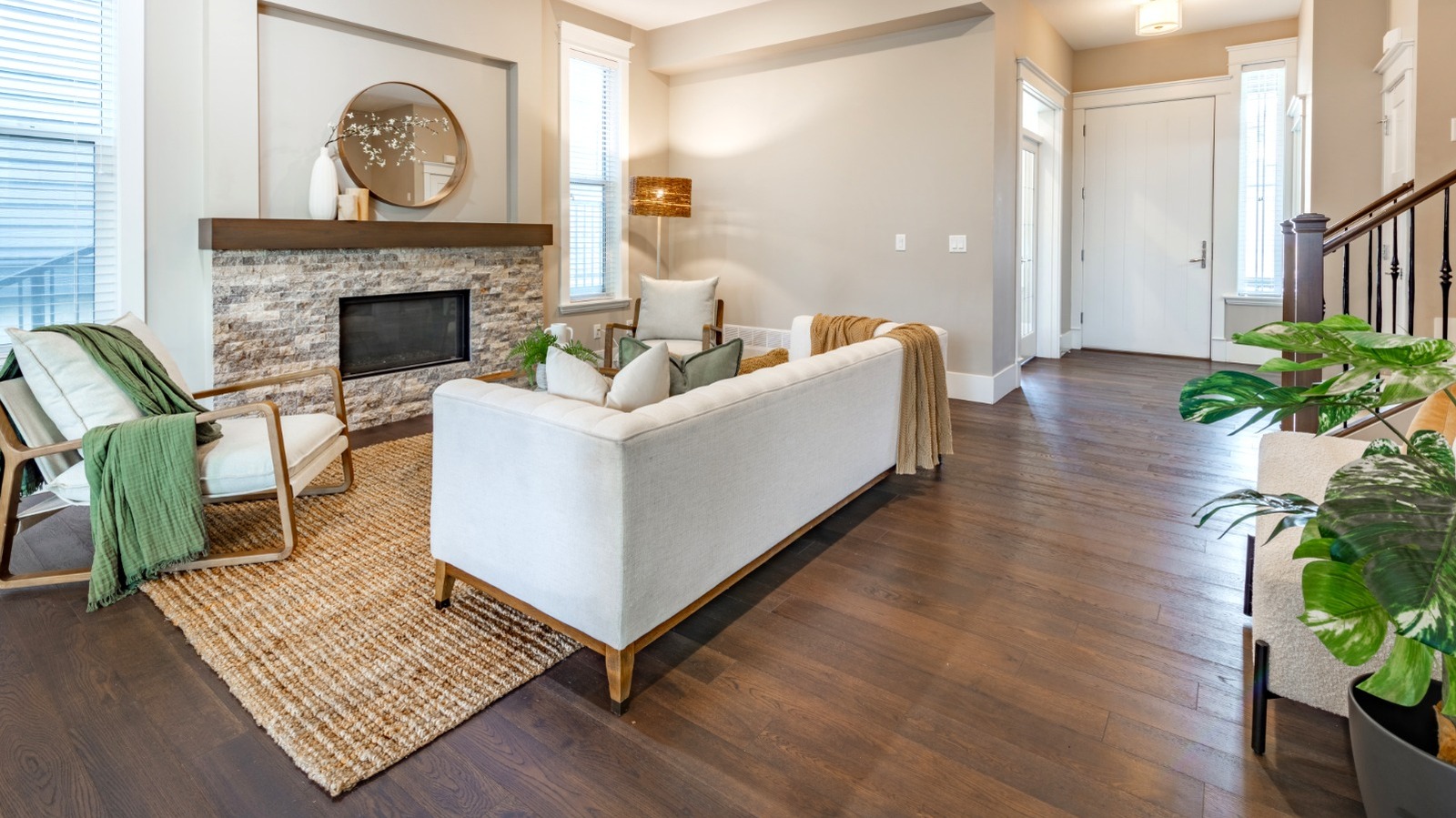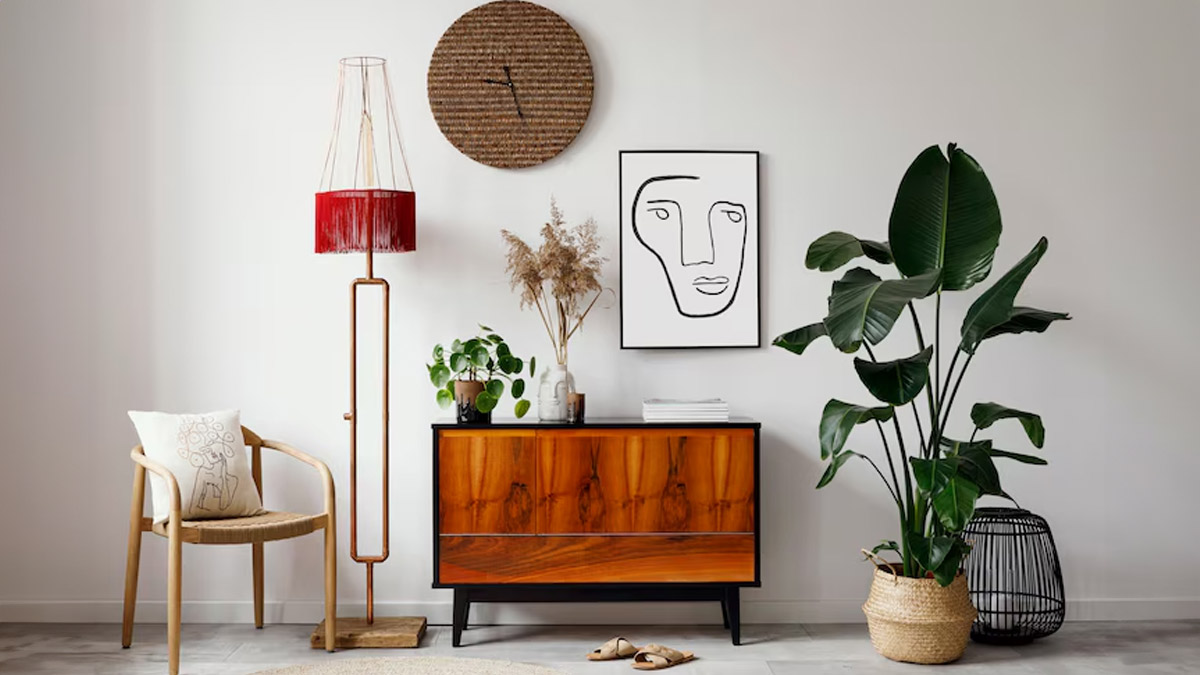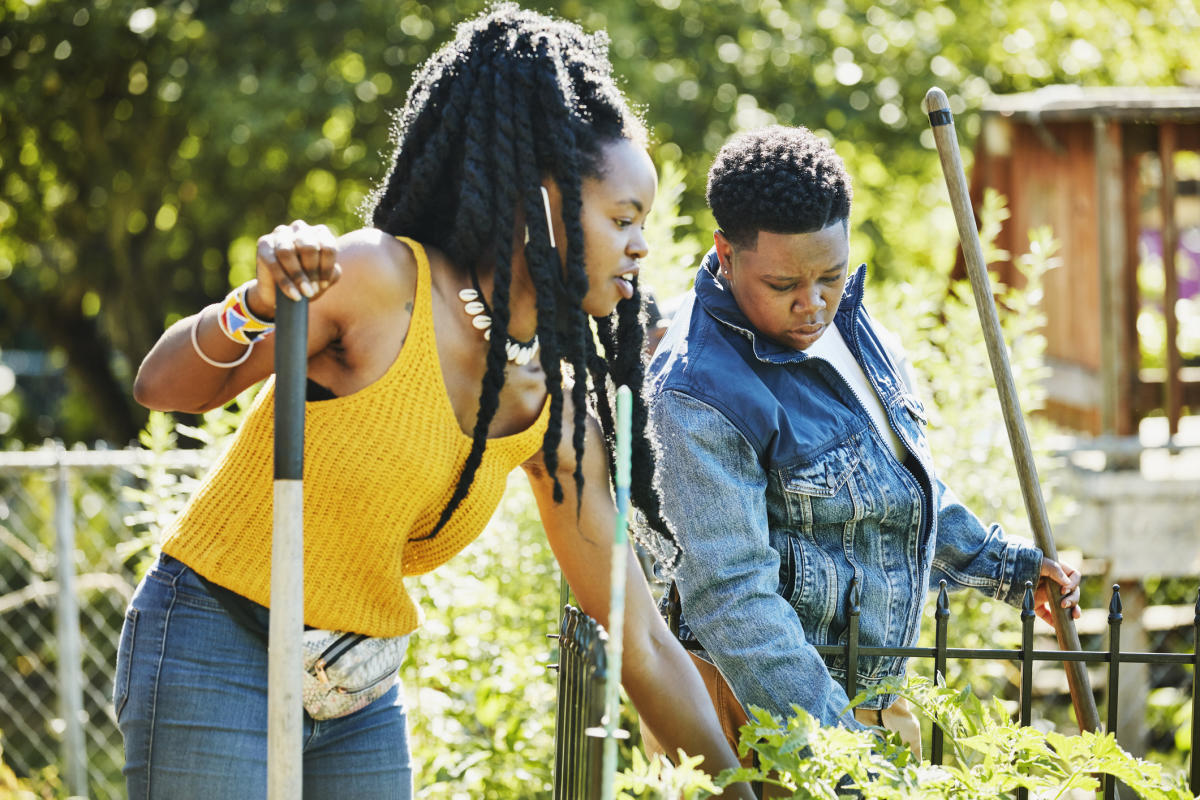Finding a variety of affordable fresh fruits and vegetables in cities is complicated because of the absence of large supermarkets chased out by high rents and poor sales. Urbanites are left with expensive corner grocery stores, convenience stores selling candy and soda high in sugar and calories, or fast food joints tempting you with fried foods high in salt and fat, but low in nutrition.
Urban gardening provides a solution to this dietary dilemma confronting city dwellers. Here are some ideas for your own urban garden.
Urban gardening: turning food deserts into food sanctuaries for BIPOC
The intro paragraph to this article contains a description of a typical urban food desert. Most often defined in socioeconomic terms, food deserts mainly occur in low-income BIPOC neighborhoods. Here are some startling stats:
Creating urban gardens is one way to bring low-cost or free fresh fruits and vegetables to food deserts, transforming them into health-promoting food sanctuaries.
Urban garden movement: Ron Finley
People like Ron Finley of south central L.A., spearheading the urban garden movement, are motivated by the promises of healthy food and community building in BIPOC locales that urban gardens represent. “Growing your own food is like printing your own money,” proclaims Finley about the benefits of urban gardening.
Finley petitioned his local government to ease street codes to permit more gardening in his city’s unused spaces—and won. Soliciting municipalities to revise street codes to allow underused parking lots or streets to be used for gardens or public green spaces will soften cityscapes, a form of natural flood control that will help curb the deluges brought on from the climate crisis.
Benefits of urban gardening
Besides a bountiful harvest of homegrown produce that reduces the negative health effects of living in an urban food desert, here are other reasons to start an urban garden:
-
Biodiversity explosion. Attract pollinators and wildlife to urban centers.
-
Soil conditioning. Improve urban soil with the compost you’ve made from food scraps.
-
Exercise. Urban greening creates places to move while getting your hands dirty. A workout by weeding is a unique experience!
-
Community building. Fortify friendships with neighbors through working side by side.
-
Food security. As grocery prices continue to escalate, homegrown veggies are a welcome and practically free food.
-
Opportunity to expand into an agrihood that will attract millennials and Gen Zers hoping to lower their carbon footprint and live sustainably.
Types of urban gardens
Urbanites have almost unlimited options when planning the type of urban garden that works best in their situation. Here are a few ideas for your own urban garden:
1. Backyard urban garden
If you have a small area with or without soil, raised beds will provide ample space for growing several kinds of produce. Since you control all inputs, you don’t need to worry about possible soil contamination. For beginners, tomatoes, chili peppers, okra, and collard greens are easy to grow. The sky’s the limit for experienced gardeners. A water feature, for instance, will attract wildlife searching for relief in heat waves.
2. Rooftop urban garden
Condo or apartment residents may have this option. If not, you could petition for one based on city greening laws popping up all over the country. Besides getting a superb view, you’ll have a garden allotment to call your own.
3. Container urban garden
Terracotta pots, steel tubs, or fabric grow bags are just a few ideas for an urban garden on your balcony, terrace, or patio. Add a few native plants to attract pollinators and reduce the insect apocalypse.
4. Community urban garden
Check out neighborhood bulletin boards or social media for active community gardens near you. If there’s a neighborhood park or abandoned lot, inquire at city hall, a cooperative extension at a state university, or your local park and recreation department about whether you could use the land as a community garden. A local place of worship is another option.
The American Community Garden Association has an interactive map where you can register your community garden or locate one near you.
Black-owned gardening businesses
From finding seeds or garden tools—and friendly folk to help you—there’s a multitude of Black-owned gardening businesses featuring innovative ideas and products for your own urban garden. Here are a few.
-
Torpedopots Urban gardening made simple with self-watering systems.
-
Natty Garden Your one-stop garden center and plant nursery in Brooklyn, NY with an online shop.
-
Sistah Seeds Specializes in heirloom vegetable, herb, and grain seeds with a focus on African-American, Afro-Caribbean, and West African cultural crops.
-
Ujamaa Seeds A program of the nonprofit STEAM ONWARD, Inc., aims to diversify the mainstream seed industry by introducing heirloom seeds grown by marginalized communities and by promoting future and present BIPOC seed growers.
Urban Garden Plants Located in Houston, Texas, offers heirloom seeds, plants (local pickup only), and workshops.








